i9-10900K
Ryzen 7 7700X
Multi-Thread Performance
Single-Thread Performance
Starfield
i9-10900K vs Ryzen 7 7700X in Starfield using RX 6800 XT - CPU Performance comparison at Ultra, High, Medium, and Low Quality Settings with 1080p, 1440p, Ultrawide, 4K resolutions
i9-10900K
Ryzen 7 7700X
Ultra Quality
| Resolution |
Frames Per Second |
| 1080p |
|
| 1080p |
|
| 1440p |
|
| 1440p |
|
| 2160p |
|
| 2160p |
|
| w1440p |
|
| w1440p |
|
High Quality
| Resolution |
Frames Per Second |
| 1080p |
|
| 1080p |
|
| 1440p |
|
| 1440p |
|
| 2160p |
|
| 2160p |
|
| w1440p |
|
| w1440p |
|
Medium Quality
| Resolution |
Frames Per Second |
| 1080p |
|
| 1080p |
|
| 1440p |
|
| 1440p |
|
| 2160p |
|
| 2160p |
|
| w1440p |
|
| w1440p |
|
Low Quality
| Resolution |
Frames Per Second |
| 1080p |
|
| 1080p |
|
| 1440p |
|
| 1440p |
|
| 2160p |
|
| 2160p |
|
| w1440p |
|
| w1440p |
|
i9-10900K
- The i9-10900K has higher Level 2 Cache. Data/instructions which have to be processed can be loaded from the fast L2 and the CPU does not have to wait for the very slow DDR RAM
- The i9-10900K is more power efficient and generates less heat.
- The i9-10900K has a higher turbo clock boost. Turbo Boost is a CPU feature that will run CPU clock speed faster than its base clock, if certain conditions are present. It will enable older software that runs on fewer cores, to perform better on newer hardware. Since games are software too, it is also applicable to them.
Ryzen 7 7700X
- The Ryzen 7 7700X has higher Level 3 Cache. This is useful when you have substantial multiprocessing workloads, many computationally intense simultaneous processes. More likely on a server, less on a personally used computer for interactive desktop workloads.
- For some games, a cpu with a higher clock speed, or in a technical name IPC (Instructions per clock), has better results than other CPU's with higher core count and lower core speed.
- The Ryzen 7 7700X has a smaller process size. The faster a transistor can toggle on and off, the faster it can do work. And transistors that turn on and off with less energy are more efficient, reducing the operating power, or “dynamic power consumption,” required by a processor.
Compare i9-10900K vs Ryzen 7 7700X specifications
i9-10900K vs Ryzen 7 7700X Architecture
|
i9-10900K |
Ryzen 7 7700X |
| Codename | Comet Lake | Raphael |
| Generation | Core i9
(Comet Lake) | Ryzen 7
(Zen 4 (Raphael)) |
| Market | Desktop | Desktop |
| Memory Support | DDR4 | DDR5-5200 MHz
Dual-channel |
| Part# | unknown | 100-000000591 |
| Production Status | Active | unreleased |
i9-10900K vs Ryzen 7 7700X Cache
|
i9-10900K |
Ryzen 7 7700X |
| Cache L1 | 64K (per core) | 64K (per core) |
| Cache L2 | 256K (per core) | 1MB (per core) |
| Cache L3 | 16MB (shared) | 32MB (shared) |
i9-10900K vs Ryzen 7 7700X Cores
|
i9-10900K |
Ryzen 7 7700X |
| # of Cores | 10 | 8 |
| # of Threads | 20 | 16 |
| Integrated Graphics | UHD 630 | Radeon Graphics |
| SMP # CPUs | 1 | 1 |
i9-10900K vs Ryzen 7 7700X Features
i9-10900K vs Ryzen 7 7700X Notes
i9-10900K vs Ryzen 7 7700X Performance
|
i9-10900K |
Ryzen 7 7700X |
| Base Clock | 100 MHz | 100 MHz |
| Frequency | 3.7 GHz | 4.5 GHz |
| Multiplier | 37.0x | 45.0x |
| Multiplier Unlocked | Yes | Yes |
| TDP | 125 W | 105 W |
| Turbo Clock | up to 5.3 GHz | up to 5.4 GHz |
i9-10900K vs Ryzen 7 7700X Physical
|
i9-10900K |
Ryzen 7 7700X |
| Die Size | unknown | 70 mm² |
| Foundry | Intel | TSMC |
| Package | FC-LGA1200 | FC-LGA1718 |
| Process Size | 14 nm | 5 nm |
| Socket | Intel Socket 1200 | AMD Socket AM5 |
| Transistors | unknown | 6,570 million |
| tCaseMax | 72°C | 61°C |
Compare i9-10900K vs Ryzen 7 7700X in more games





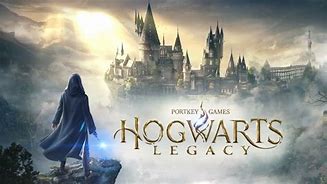



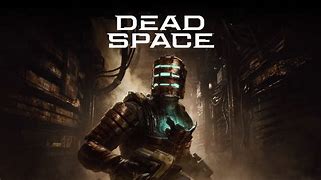










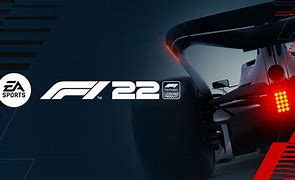

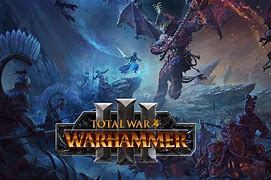

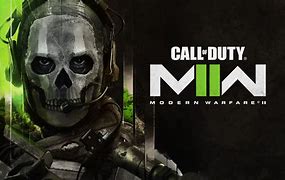































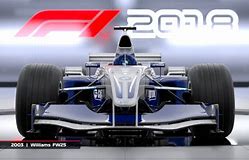














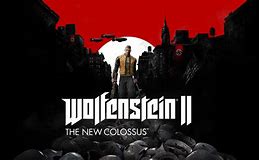











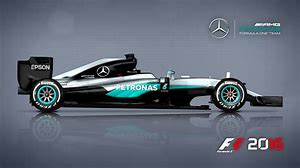
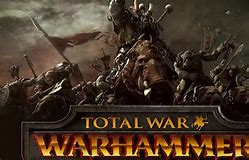






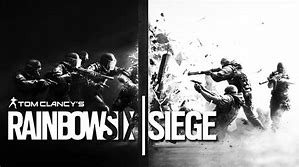



What to Consider Before Buying a Graphics Card
If you have been planning to upgrade your system by purchasing a new graphics card. Then there are some important factors to consider.
Resolution VS Quality: Impact on Game Performance
What affects game performance? Clarity or Details?
Ultra VS High Quality Settings in PC Games
Every player has a different notion about the ideal setting for PC games. But in most cases, opting for a High quality graphics configuration is the way to go.
What are CPU or GPU Bottlenecks?
Are you getting sudden frame drops? you might have a bottleneck.
What is the acceptable FPS speed for me?
For some games, you can still enjoy great garphics at lower frame rates.
GPU Hierarchy
GPU Compare
CPU Compare
Gaming Laptops
Gaming Monitors
Gaming Headsets
Discussion and Comments
Share Your Comments